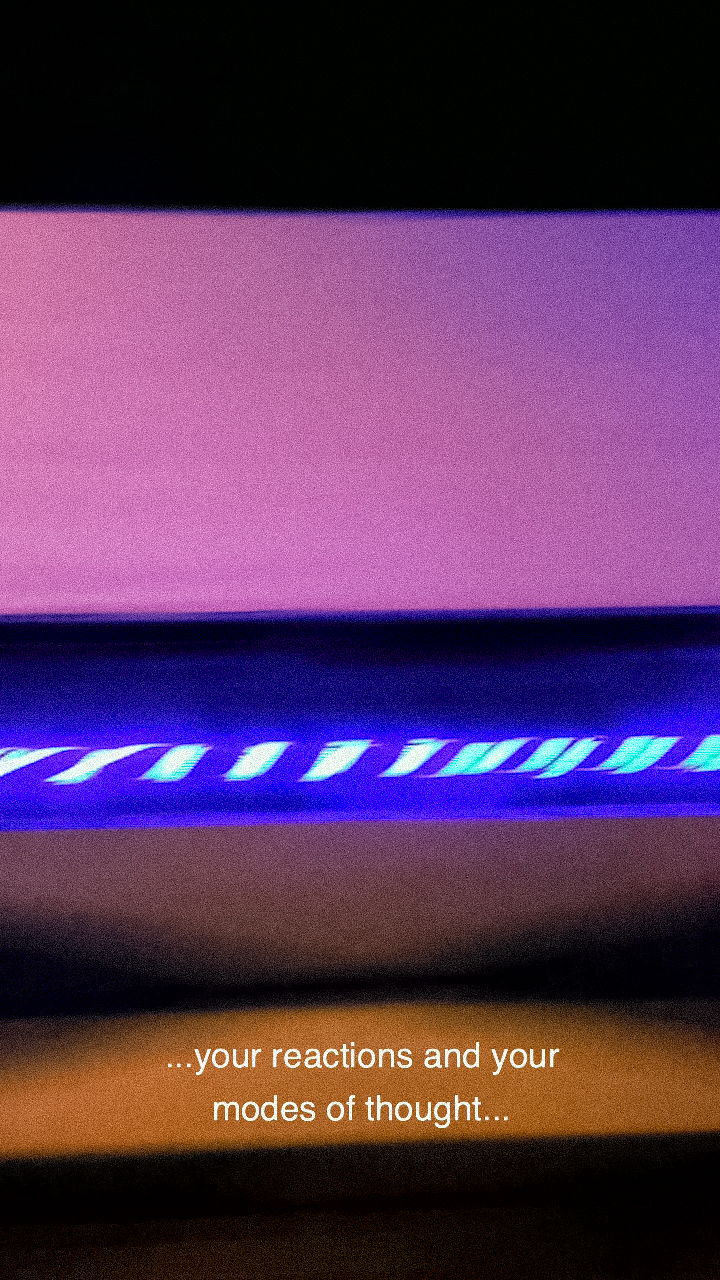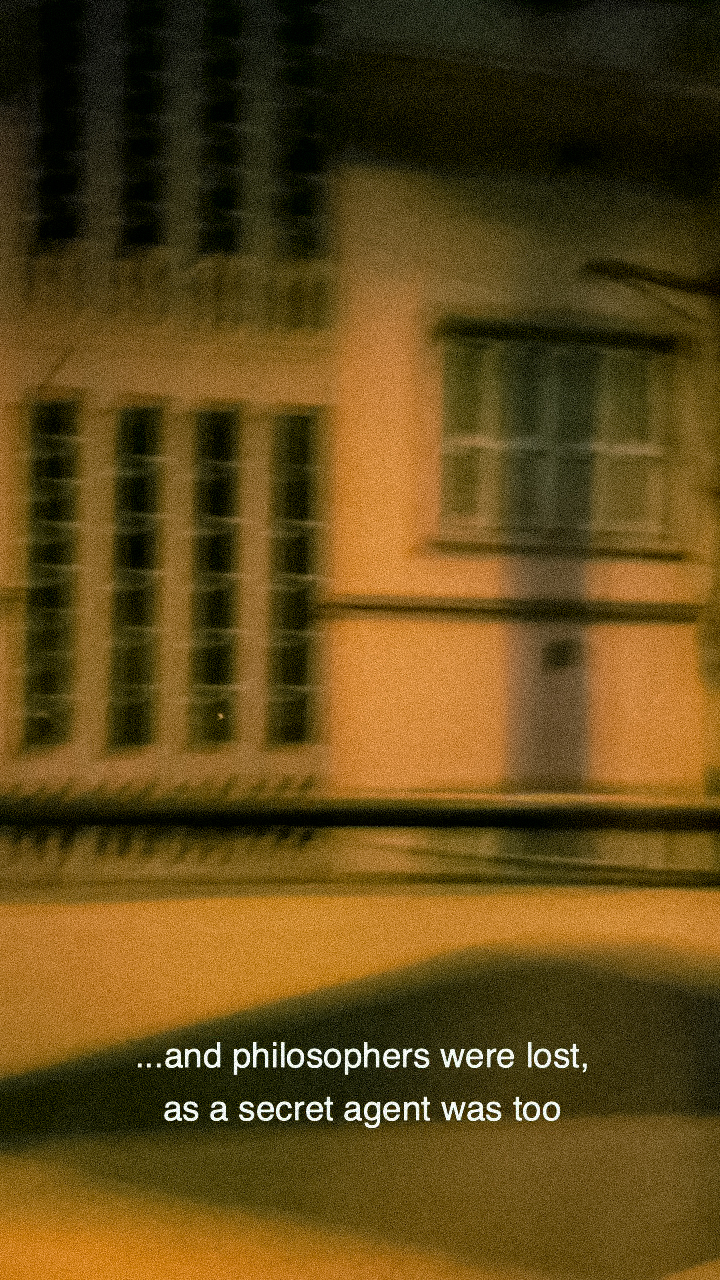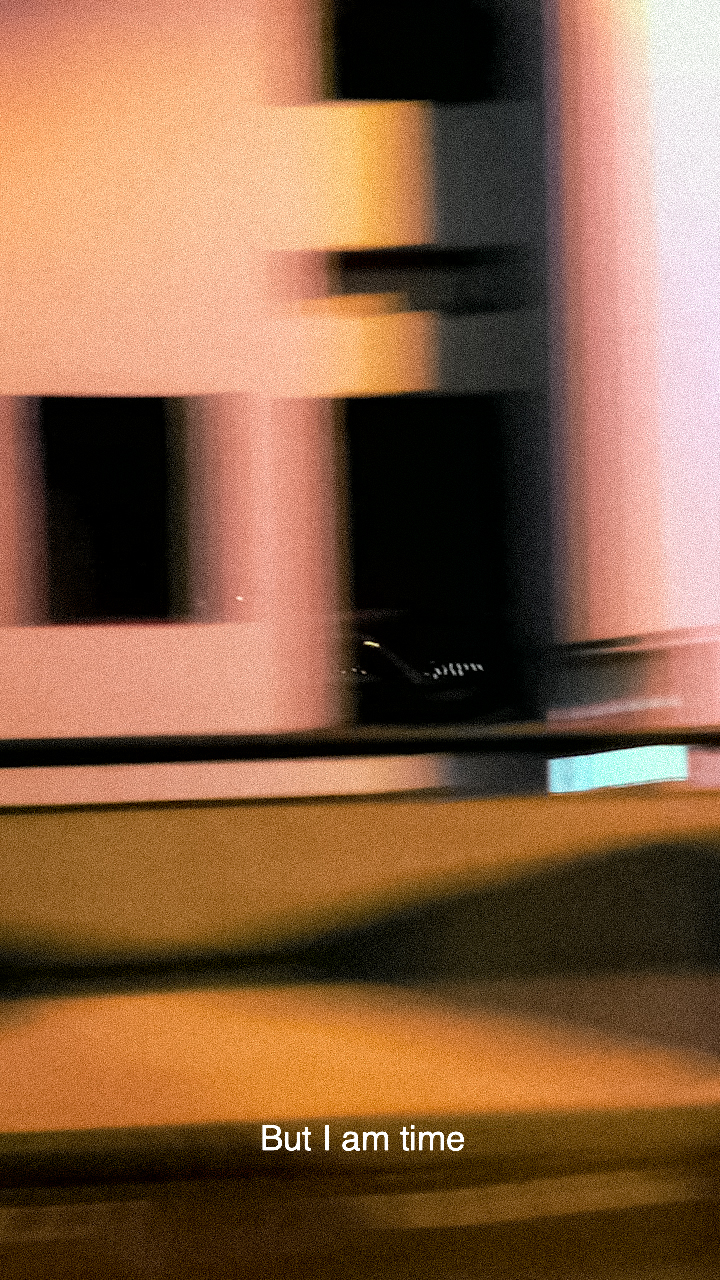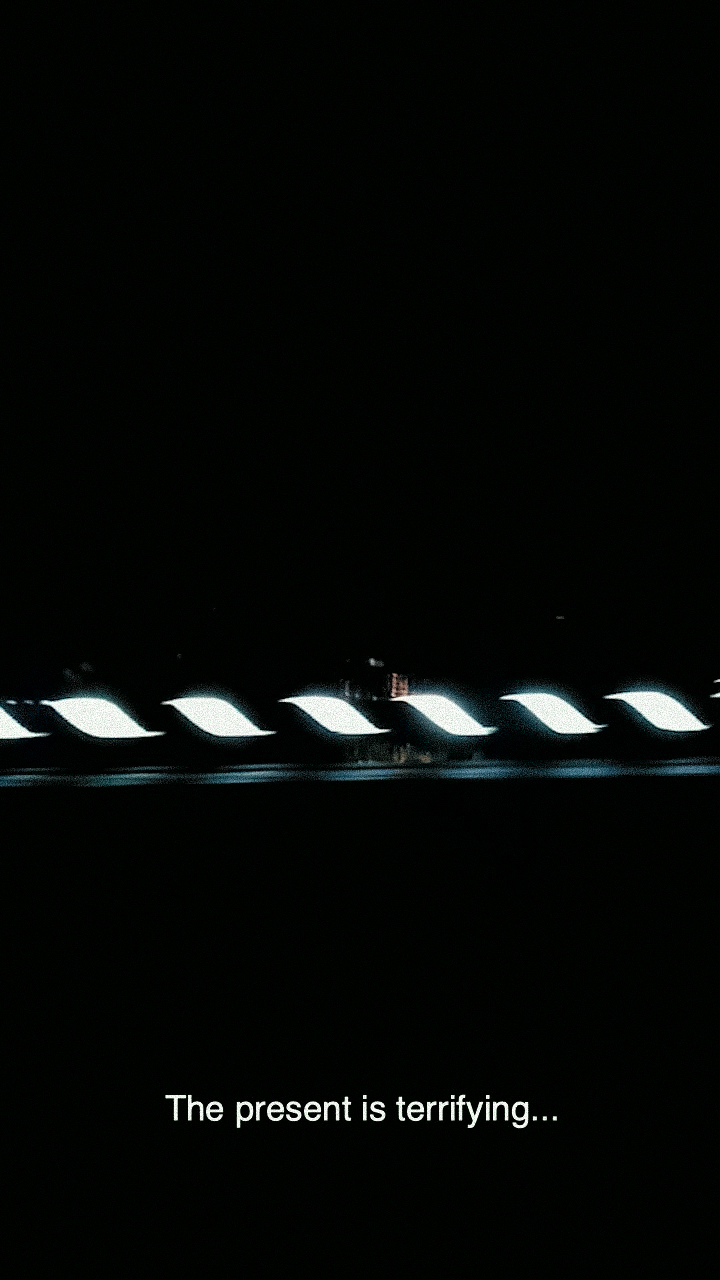From issue: #18 Science Fiction
Text by Ricardo Reverón Blanco
Science fiction is often an explorative journey in search of truth. After all, as the saying goes, the truth is often stranger than fiction. This is very much the case in Escape From Alphaville, a 2020 ‘remake’ of Jean-Luc Godard’s iconic 1965 film Alphaville by Indian artist-duo Madhuban Mitra and Manas Bhattacharya. Escape From Alphaville draws out dystopian science-fiction elements of the cinematic classic to create an allegory of totalitarian society very much set in the present day.
Escape from Alphaville was produced against the backdrop of the Citizenship (Amendment) Act, 2019, a bill that provides a pathway to Indian citizenship for many migrants but explicitly excludes Muslims. In creating the film, Mitra and Bhattacharya were making ‘a direct but poetic response to what is happening around us’ [photoink.net]. Appropriating the original soundtrack for Alphaville, the duo generated new images, displacing and expanding the movie by translocating Godard’s ominous vision of 1960s Paris to the urban nightscape of contemporary Kolkata.
Escape From Alphaville offers a figurative and structural response to the source film rather than a direct visual echo of it. Akin to a sort of space-age tourism, it helps viewers to question the present by imagining an alternative way of looking at our current reality. In this regard, it follows the spirit of Godard’s film which, shot in real locations, used the then-new glass and concrete architecture of Paris to project a futuristic vision of the world, thereby suggesting that the future is made up of fragments of the present. This notion should inspire us to fight against complacency and give us the agency and power to enact change in our world.
Escape from Alphaville is part of a wider, ongoing series by Mitra and Bhattacharya, which includes remakes of other seminal such as Aleksei German’s 2013 movie Hard to Be a God. Their films are made with a mobile phone during other work or travel, a minimalist, guerrilla form of image-making that undermines the traditional capitalist mode of cultural production. It’s an approach that puts the emphasis on the individual and the DIY, on the possibility that each of us might somehow reshape our ways of seeing.
Mitra and Bhattacharya’s Remakes takes their lead from science fiction, a genre that ostensibly transports audiences to otherworldly or faraway locations, but often deals with very real societal issues. For some, such as Godard, science fiction is a tool to shake viewers out of their everyday assumptions; for others, science-fiction narratives simply transpose accepted notions into fantastic environments. Either way, the genre represents a route into our present reality not an escape from it.
Take a contemporary example soon to return to the cinemas, James Cameron’s Avatar franchise. The first film in the series, which was released in 2009, is set in the 22nd century, when humans are colonising the planet Pandora to procure valuable minerals. The film thus depicts the reality of the West’s colonial history – that’s to say, plundering, enslavement, and genocide. The aliens are the ‘othered’ species, feared and consequently conquered, though the film’s narrative arc works to rehabilitate them. Avatar thus taps into idea of the ‘alien’ often played out in science fiction, whether sympathetically or not. Etymologically, the word ‘alien’ derives from the Latin ‘alienus’, meaning ‘belonging to another’, which reinforces notions of control and exploitation.

The idea of the ‘alien’ is also integral to nationalism, whether in India or anywhere else. As a ‘conejero’ or ‘rabbit’, born in Lanzarote and now based in the UK, migration and cultural dissonance are part of my DNA. I am often confronted with the liminality of my heritage, and it is often in tension with the place in which I reside, wherever I am in the world. To navigate through discovering, translating, reconciling, and not belonging is to play out an ode to the experience of the diaspora. It’s an experience that often results in an incomplete sense of homeliness, I also see that lack of homeliness play out in science fiction, especially in its aesthetic. As Escape From Alphaville states in its reappropriated opening line, ‘Sometimes reality is too complex for oral communication.’
To feel at home is to recognise and replicate the often heteronormative and white supremacist narrative that has been sold and continuously perpetuated around the world. This hegemonic cultural heritage is reiterated, consolidated, and broadcasted into reality’s narrative. Science fiction can be a place in which those narratives are replicated, or it can offer an alternative – a refuge in which it is possible to mobilise different identities and ways of living. It’s a place in which an ‘alien-eye view’ can become a position of strength.
Science fiction can help us to see reality through another lens, to question, reassess and reconfigure societal structures. To see a possible future is a way to establish, for better or worse, what must change in our present.



